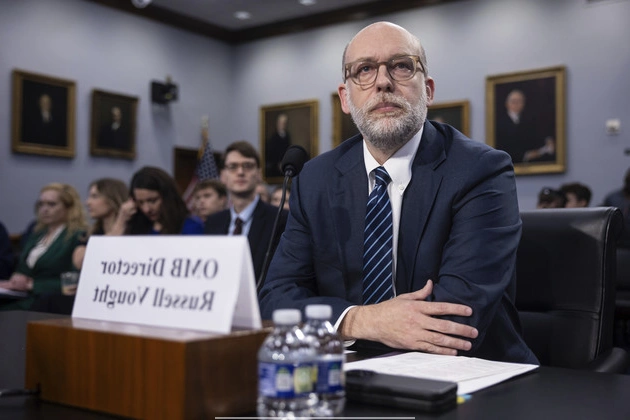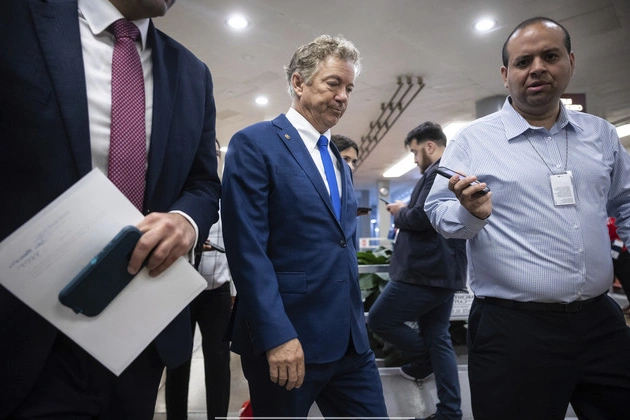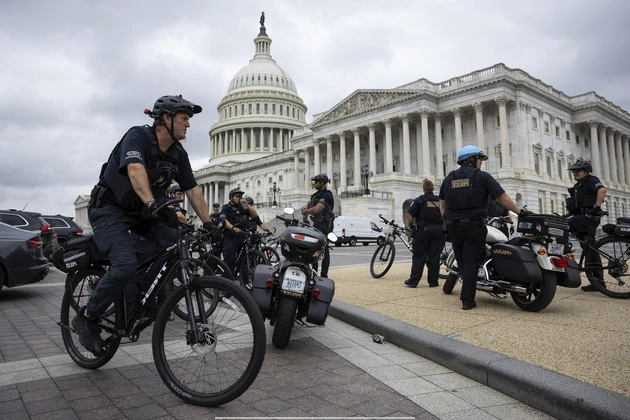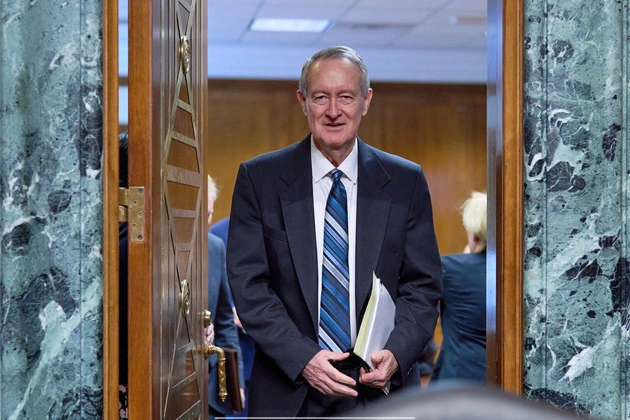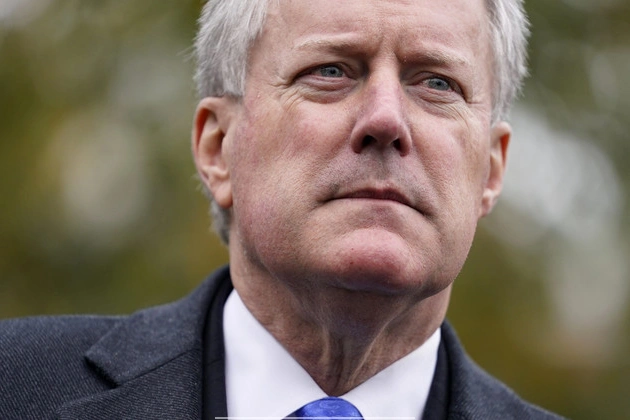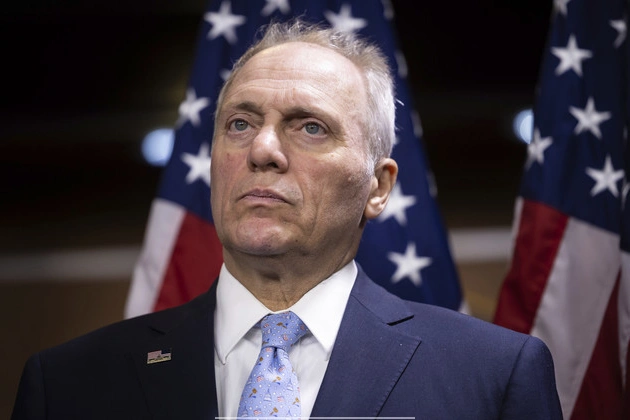
Adam Schiff: Trump ‘broke the law’ in firing inspectors general - Analysis and Impact
California Sen. Adam Schiff made headlines by accusing President Donald Trump of breaking the law through the abrupt firing of 18 independent federal watchdogs, known as inspectors general, on Friday night.
Schiff emphasized the gravity of the situation on NBC’s “Meet the Press,” stating, “Yeah, he broke the law. Not just any law, but a law meant to crowd out waste, fraud and abuse and, yeah, the remedies congress has.” He pointed out that the president’s actions circumvented federal law, which mandates a 30-day notice to Congress before any watchdog can be removed.
Trump’s dismissal of these inspectors general, who oversee various government departments, has raised concerns about accountability and transparency within the administration. The move has sparked debates about the president’s authority and the implications for government oversight.
Senator Lindsey Graham’s response on the matter was mixed, acknowledging the technical violation of the law while defending Trump’s prerogative in making staffing decisions. The controversy surrounding Trump’s actions underscores the ongoing tension between executive power and congressional oversight.
This latest development adds to the history of clashes between the Trump administration and oversight mechanisms. Past incidents, such as the firings of Michael Atkinson and Steve Linick, have also raised questions about accountability and the president’s handling of whistleblower complaints and emergency actions.
As the debate over Trump’s actions continues, the role of inspectors general and their independence from political influence remains a critical issue for ensuring government integrity and public trust.






